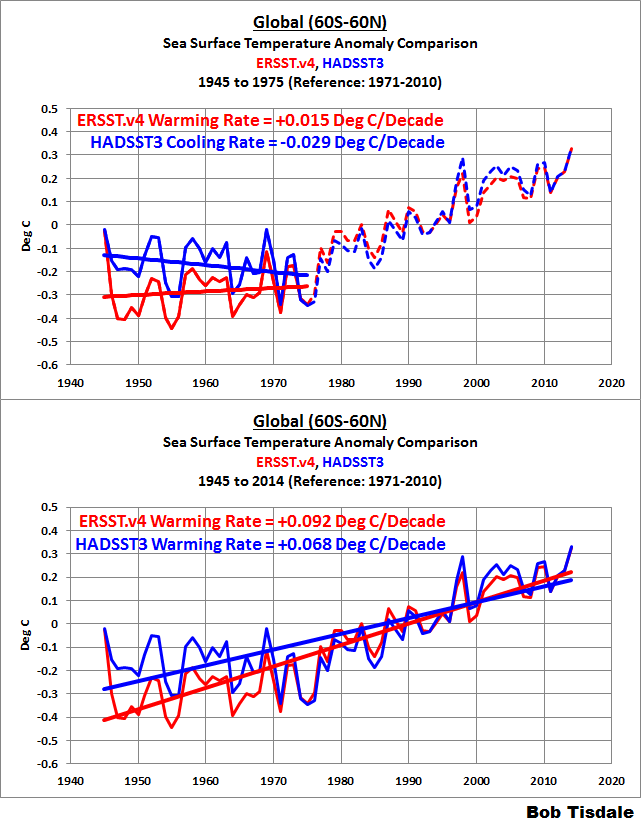- May 20, 2009
- 145,550
- 68,330
- 2,330
- Thread starter
- #21
The rest of the world recognizes the IPCC and the studies they assess as being perfectly valid science. You (particularly YOU) saying it isn't doesn't carry a great deal of weight.
Those were not scientists and they were not affilitated with the IPCC. I am almost certain that you knew that and thus I am almost certain that you just willfully lied.
What they knew was that cars produce CO2 and CO2 is a greenhouse gas and that the greenhouse effect is warming the planet. What did they get wrong?
I know that it is and that you are astoundingly ignorant about all of this, even after your years of exposure to these conversations. It makes me think that you and jc WANT to remain ignorant. As I said, it's your call.
The rest of the world thought, was convinced! had 97% consensus!! that the Earth was a flat plane suspended on the backs of many turtles. I'm not impressed that so many people were fooled by IPCC
The scientists who contribute "studies" to IPCC are all paid to propagate the AGW narrative, again, I'm not moved
CO2 has no impact on temperatures at these de minimus levels
I refuse to believe that you are sincere about these wrong in the trillion column beliefs. I understand you have to keep up the façade, but I'm not buying it


